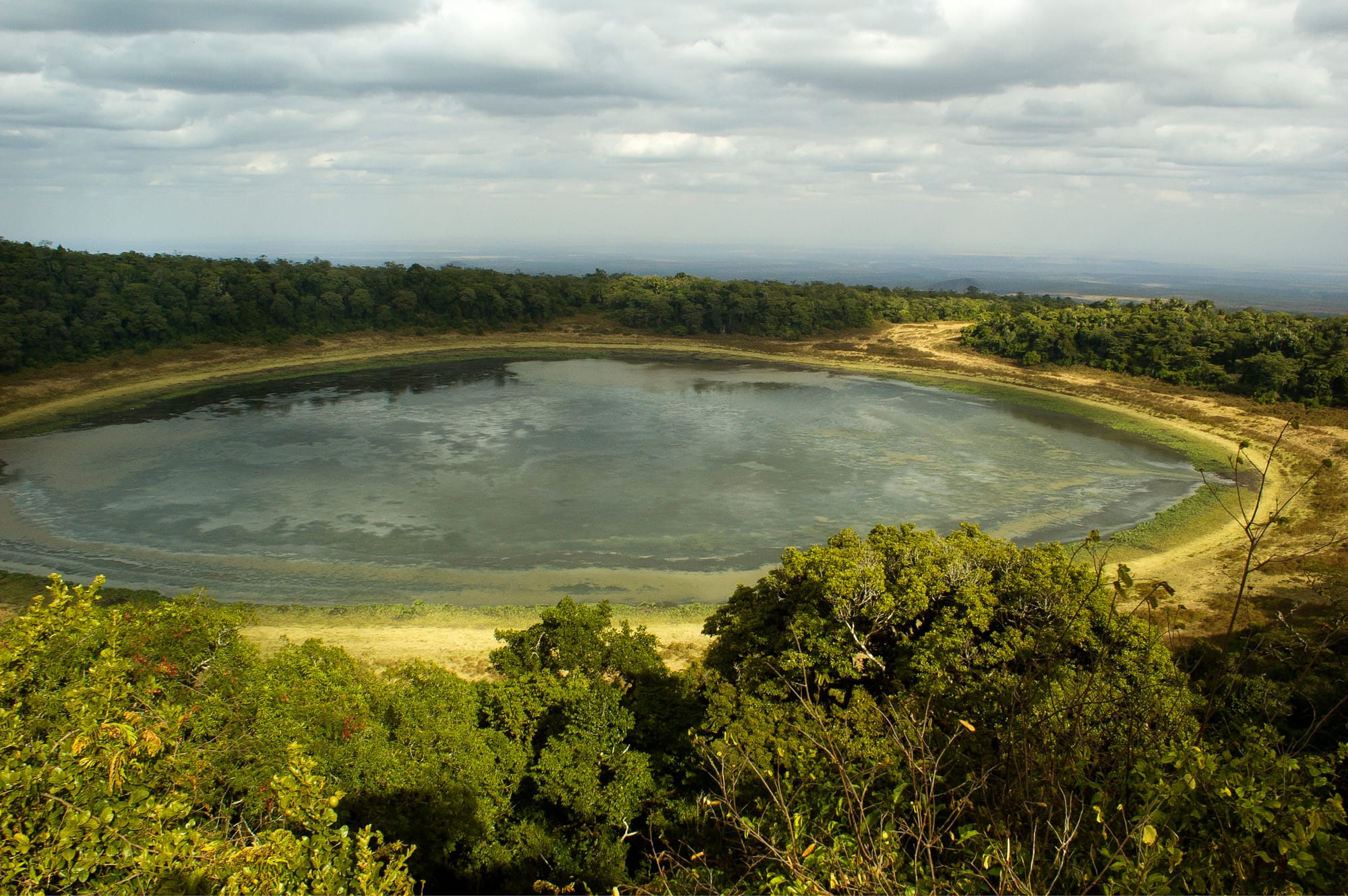The Imperative of Nature Conservation: The Plight of Marsabit's Natural Haven

By DIBA KOSI BILINGA
Located in the northernmost part of Kenya, Mount Marsabit, a 1700m high extinct volcano, stands as a verdant oasis amidst the arid desert landscape. This breathtaking natural haven is home to a diverse array of wildlife, including birds, reptiles, lions, leopards, buffaloes, rhinos, Grevy's zebras, greater and lesser kudus, hyenas, Kirk's dik-diks, reticulated giraffes, elephants, and baboons. The region's unique ecosystem, characterized by dense forests wreathed in mist, crater lakes, and singing wells, offers a plethora of exciting activities, such as hiking, camel rides, bird watching, and visits to the singing wells.
The elephants of Marsabit are renowned for their impressive size and large tusks, with the legendary Ahmed, once the elephant with the largest tusks in the world, being a notable example. Ahmed's 200-300 kg tusks were so massive that they touched the ground, earning him protection by an armed ranger day and night, courtesy of Kenya's first President, Mzee Jomo Kenyatta. Unfortunately, the beauty and grandeur of Marsabit's natural haven are being threatened by human activities, desert encroachment, erratic rainfall, overgrazing, and charcoal burning, leading to the dwindling of the forest, drying of the crater lakes, and shrinking of the forest cover.
The consequences of this environmental degradation are far-reaching and devastating. The rapid decline of forest has resulted in constant human-wildlife conflicts, as animals are forced to venture out of their natural habitats in search of food and water. This not only poses a threat to human safety but also undermines the delicate balance of the ecosystem. The loss of biodiversity, in turn, has severe implications for the planet's ecological health, climate stability, and ultimately, human well-being.
In light of these pressing concerns, it is imperative that we prioritize nature conservation efforts in Marsabit and beyond. This requires a concerted effort from governments, local communities, and individuals to adopt sustainable practices, such as responsible land use, controlled grazing, and alternative energy sources. Additionally, education and awareness campaigns can play a vital role in promoting the value of conservation and the importance of preserving natural habitats.
By working together to protect and preserve Marsabit's natural haven, we can ensure the long-term survival of its unique wildlife, maintain the region's ecological integrity, and promote sustainable development. It is our collective responsibility to safeguard the natural beauty and richness of our planet for future generations. The time to act is now.